Cambodia is proactively expanding international relations in many regions, from Asia to Europe, Latin America and Africa.
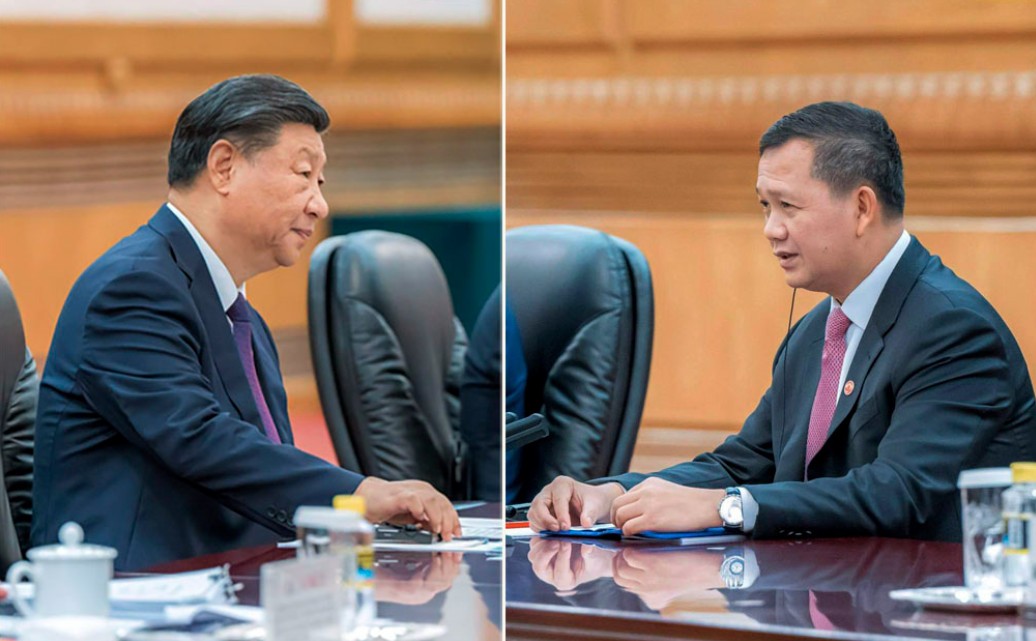 |
| The trip to China on September 14, 2023 is Prime Minister Hun Manet's first foreign visit after taking office. (Source: AP) |
Diversify relationships
The event of Mr. Hun Manet succeeding his father, former Prime Minister Hun Sen, in 2023 opens a new phase in Cambodian politics, marking the emergence of a new generation of enthusiastic young leaders. This change is also accompanied by adjustments in foreign policy, aiming to diversify relations with countries and minimize economic risks.
Under former Prime Minister Hun Sen, foreign policy focused on close ties with China, with heavy reliance on its aid and investment for economic development.
Prime Minister Hun Manet now faces the challenge of diversifying his foreign policy, maintaining friendly relations with China while cultivating relationships with other countries. The ultimate goal is to maximize national interests and economic stability, reducing over-dependence on any one country.
Economic stability is a key factor in boosting the trust and credibility of the government under the leadership of Prime Minister Hun Manet. However, in a rapidly changing world, with the global economic downturn and supply chain issues, Cambodia needs to mitigate risks by coming up with new strategies to diversify its economic partnerships.
Cambodia’s construction and tourism sectors have enjoyed a decade of explosive growth, fueled largely by Chinese investment and tourism. These two sectors are strategic pillars of the Cambodian economy, accounting for 9% and 21% of GDP, respectively, before the pandemic. However, the real estate market downturn poses risks as rising debt burdens and declining Chinese consumer confidence continue to hold back tourism spending.
According to a World Bank report in November 2023, Cambodia’s economy is facing many challenges. Factors hindering economic growth include weak logistics and transport infrastructure, along with unstable energy supplies.
Promoting diplomatic engagement
Cambodia’s leaders are focusing on expanding markets and diversifying economic ties through diplomacy. In the first six months of his presidency, Prime Minister Hun Manet’s government has made an unprecedented number of diplomatic engagements with its partners. These efforts have not only broken the perception of Cambodia as a “client state” of China, but have also played a vital role in diversifying markets, thereby boosting investment and increasing export value.
At the same time, Prime Minister Hun Manet’s government has also proactively cooperated with more than 10 countries, opening new diplomatic relations with Antigua and Barbuda, Liechtenstein, Uganda, Georgia, Canada and the Netherlands. During this period, investment projects in Cambodia totaled $1.39 billion in the first two months of 2024, an increase of about 500% over the same period in 2023. The Regional Comprehensive Economic Partnership (RCEP) and the Cambodia-China Free Trade Agreement have played an important role in stimulating and attracting these investment sources.
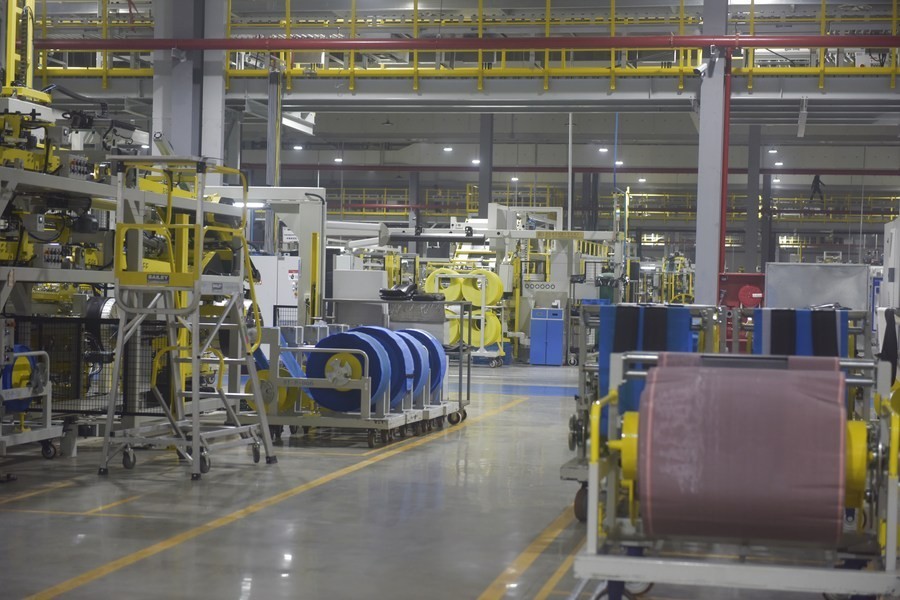 |
| General Tire Technology factory in Sihanoukville Special Economic Zone, Cambodia. (Source: Xinhua) |
Cambodia’s diplomacy is undergoing positive changes, reflected in its more active participation in international activities in many regions. Internally, promoting economic growth after Covid-19 is Hun Manet’s top priority. Internationally, Cambodia is aiming for a flexible diplomatic role that is appropriate to the ever-changing geopolitical context.
The current administration’s diplomatic efforts have shown some positive signs. However, to make these diplomatic activities more effective, it is necessary to improve the capacity of the diplomatic staff and the domestic business environment. When these are done well, Cambodia can fully exploit the potential of diplomacy and move towards the goal of sustainable economic development.
Source


![[Photo] General Secretary To Lam receives Japanese Ambassador to Vietnam Ito Naoki](https://vstatic.vietnam.vn/vietnam/resource/IMAGE/2025/4/3/3a5d233bc09d4928ac9bfed97674be98)
![[Photo] Special relics at the Vietnam Military History Museum associated with the heroic April 30th](https://vstatic.vietnam.vn/vietnam/resource/IMAGE/2025/4/3/a49d65b17b804e398de42bc2caba8368)
![[Photo] Moment of love: Myanmar people are moved to thank Vietnamese soldiers](https://vstatic.vietnam.vn/vietnam/resource/IMAGE/2025/4/3/9b2e07196eb14aa5aacb1bc9e067ae6f)



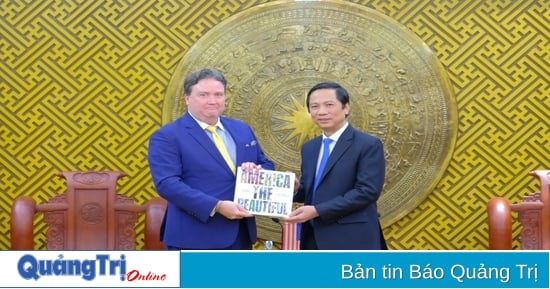

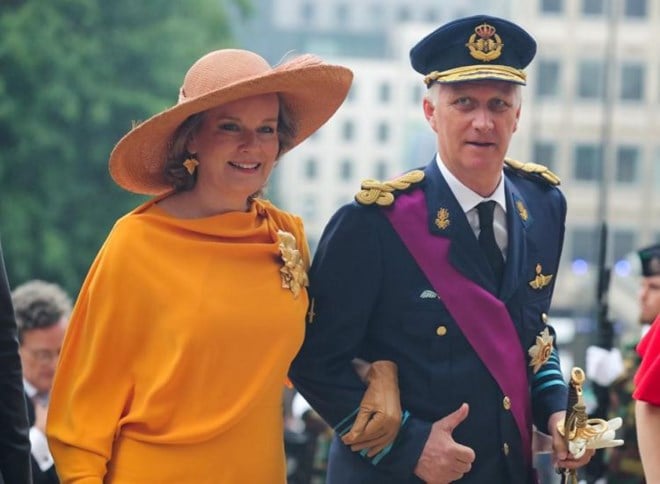

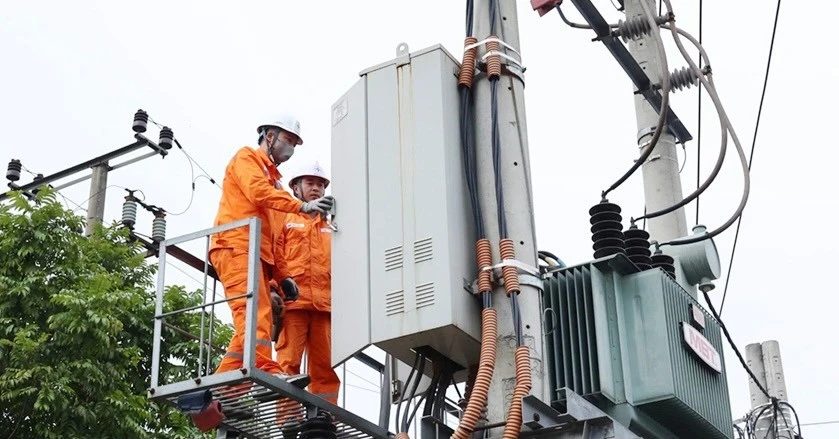

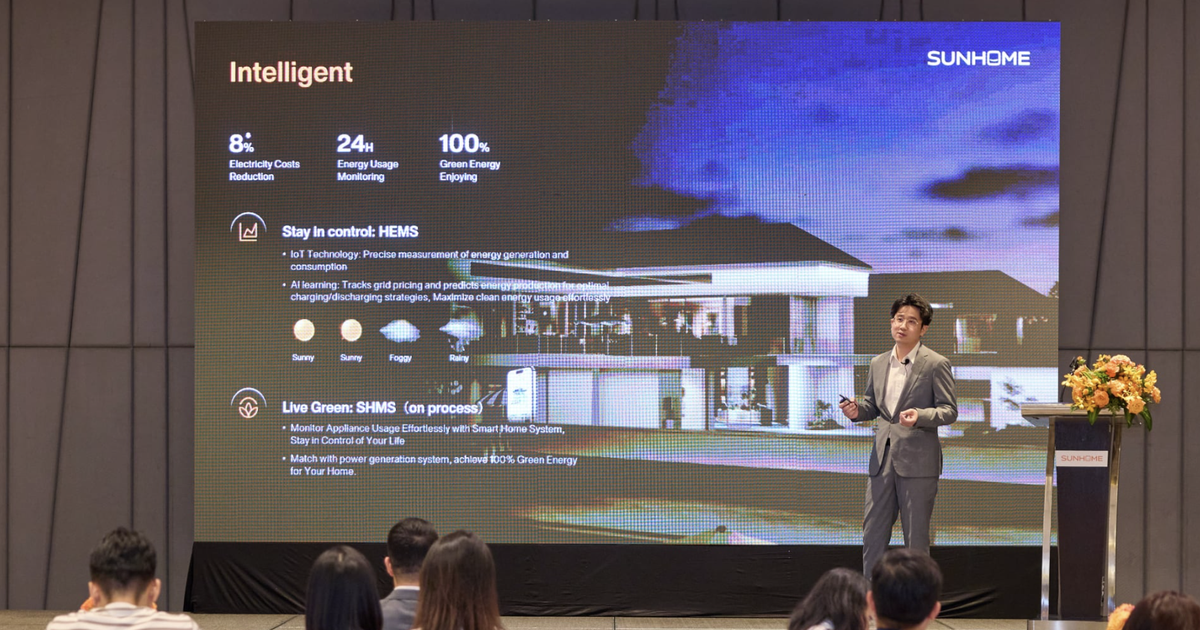

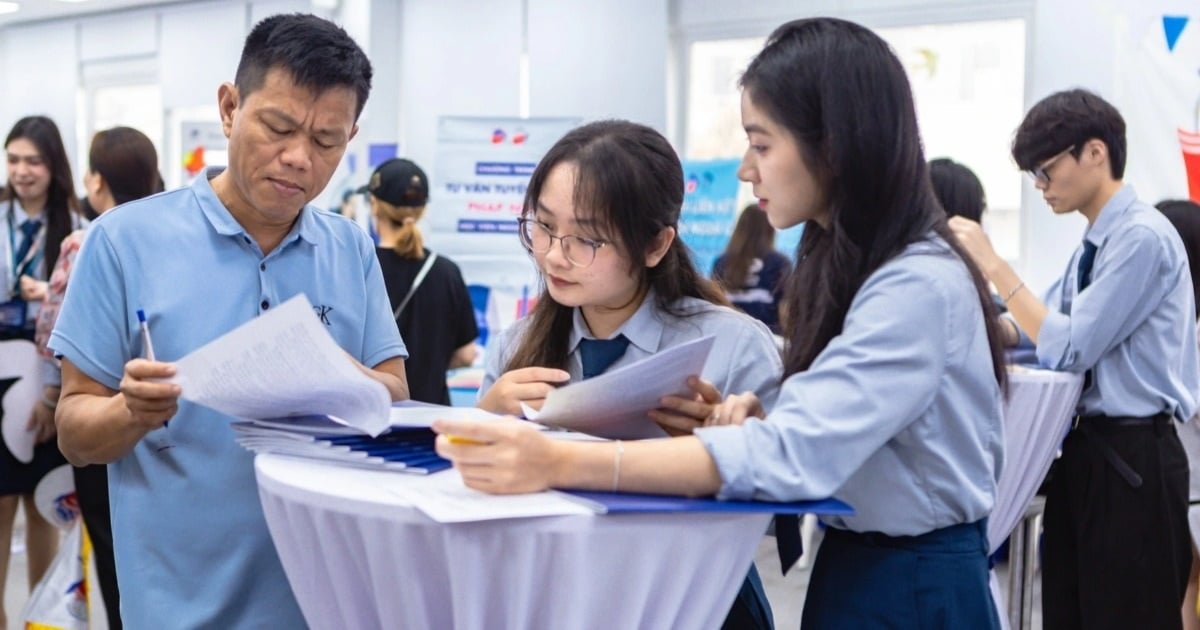

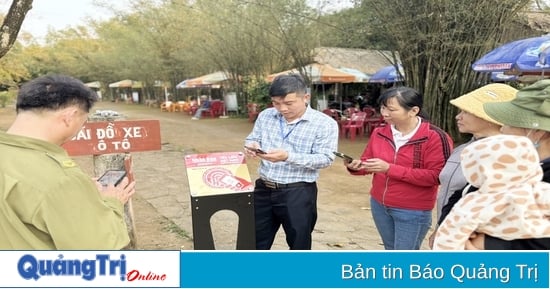
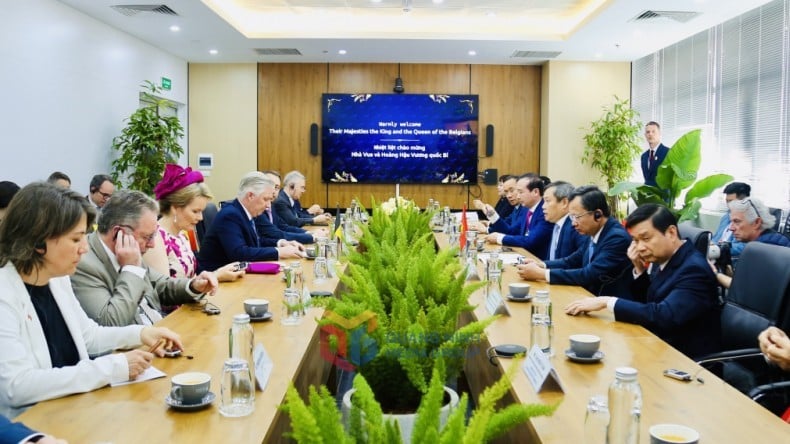


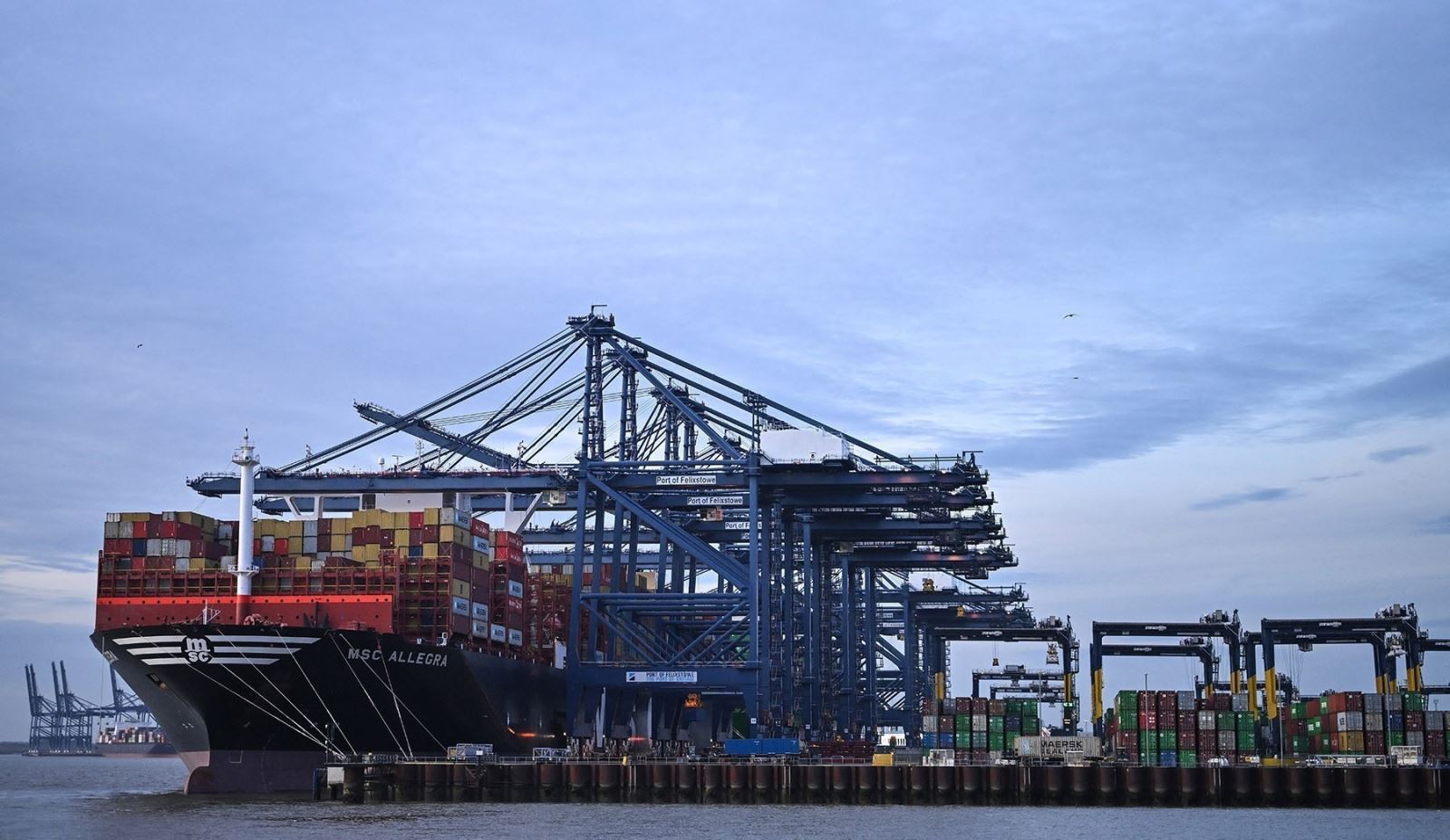

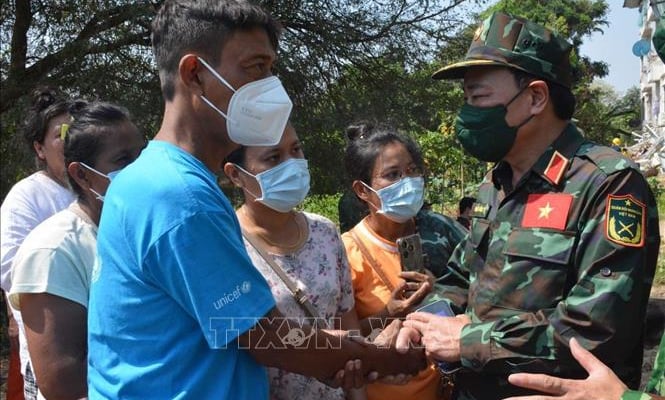





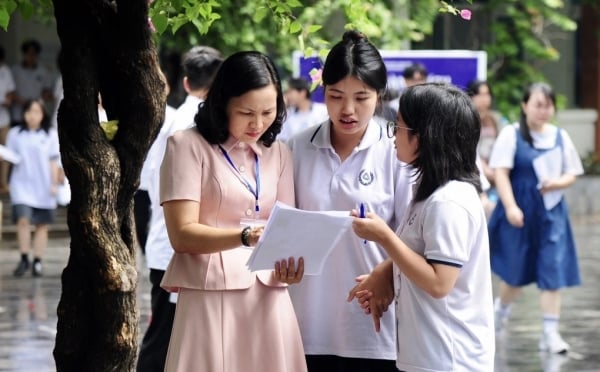
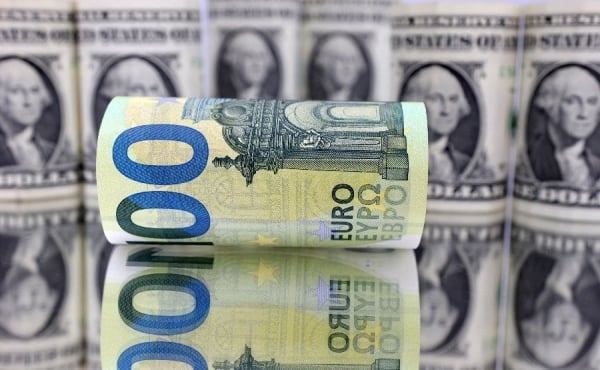
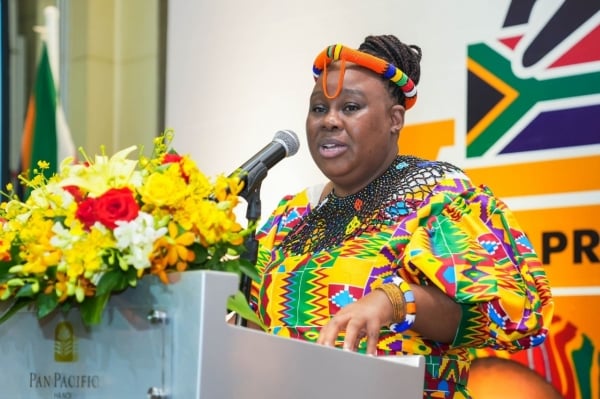
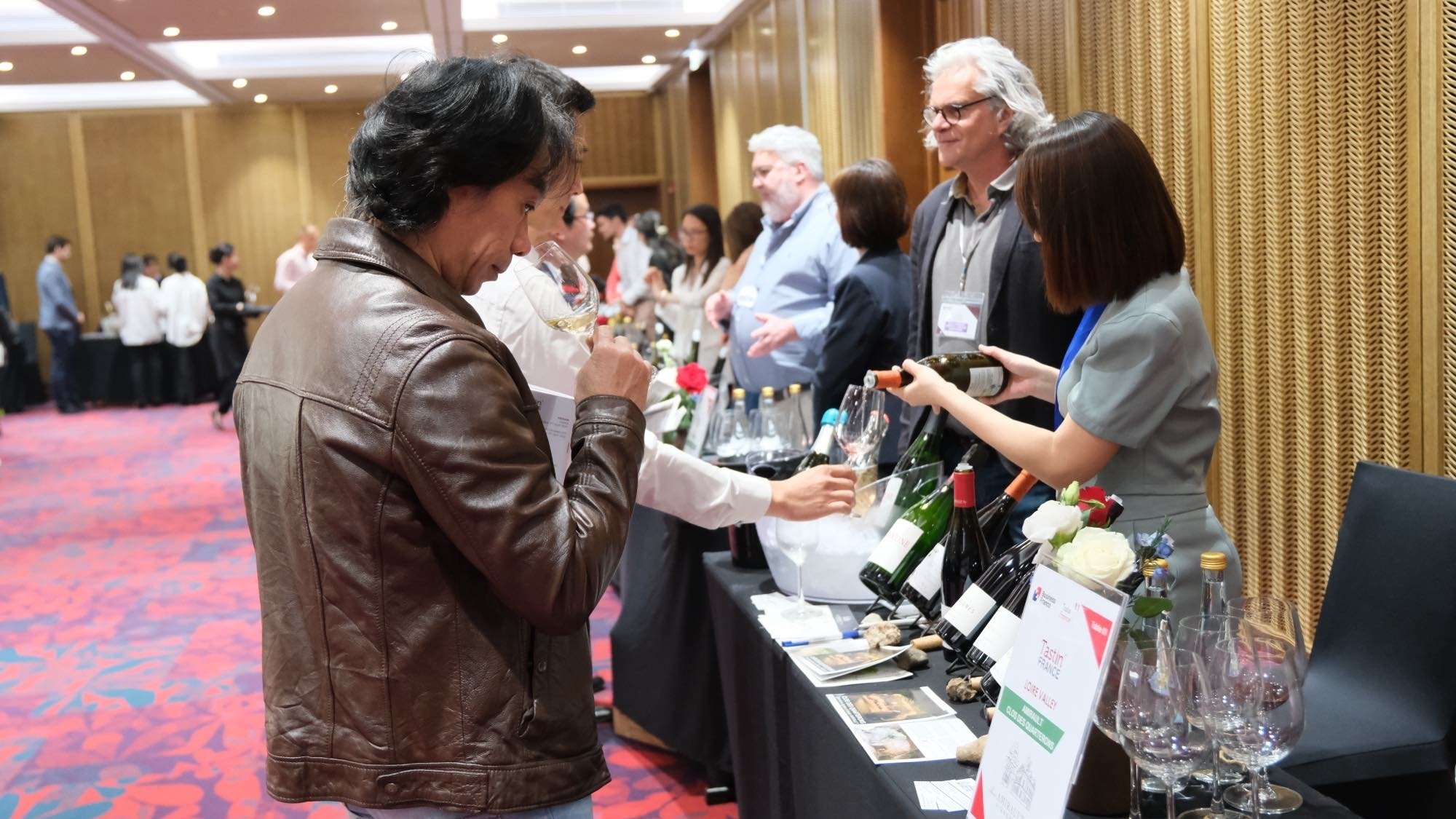
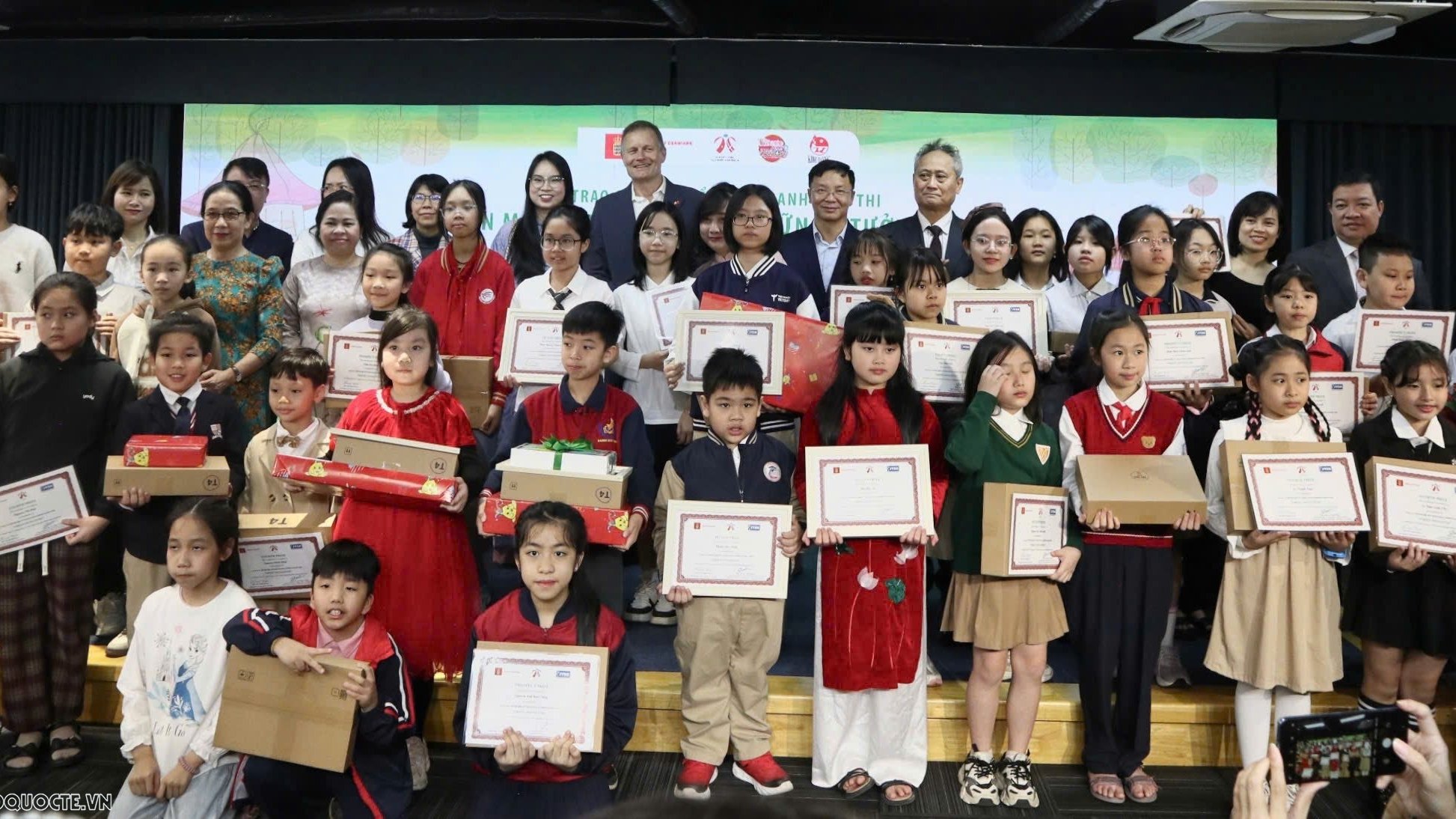














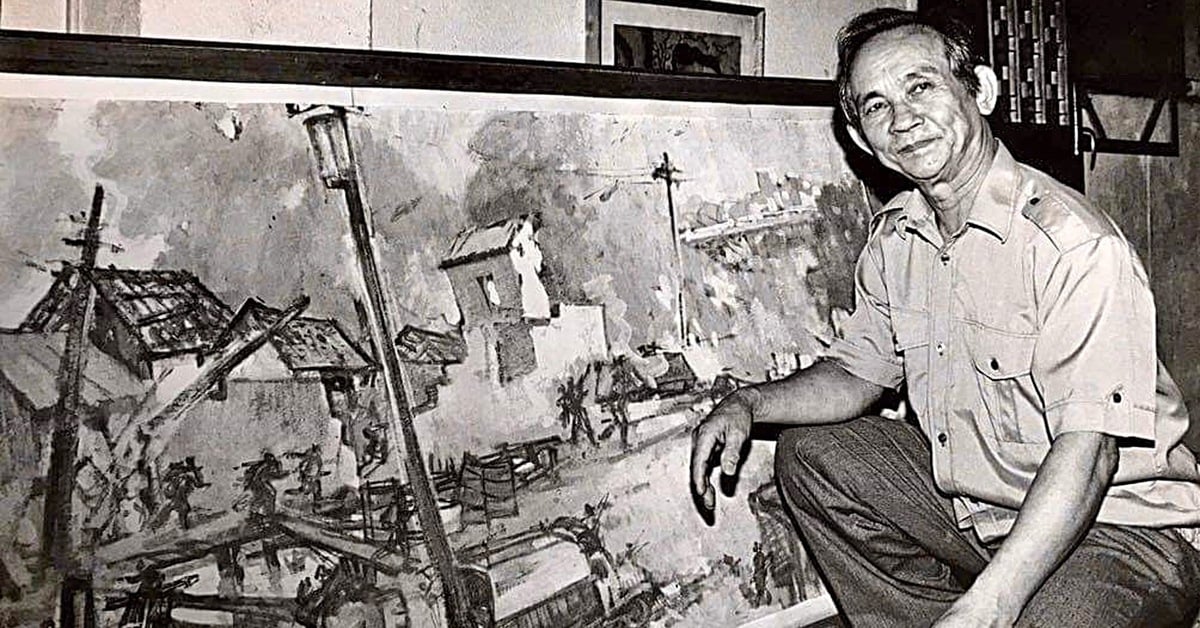
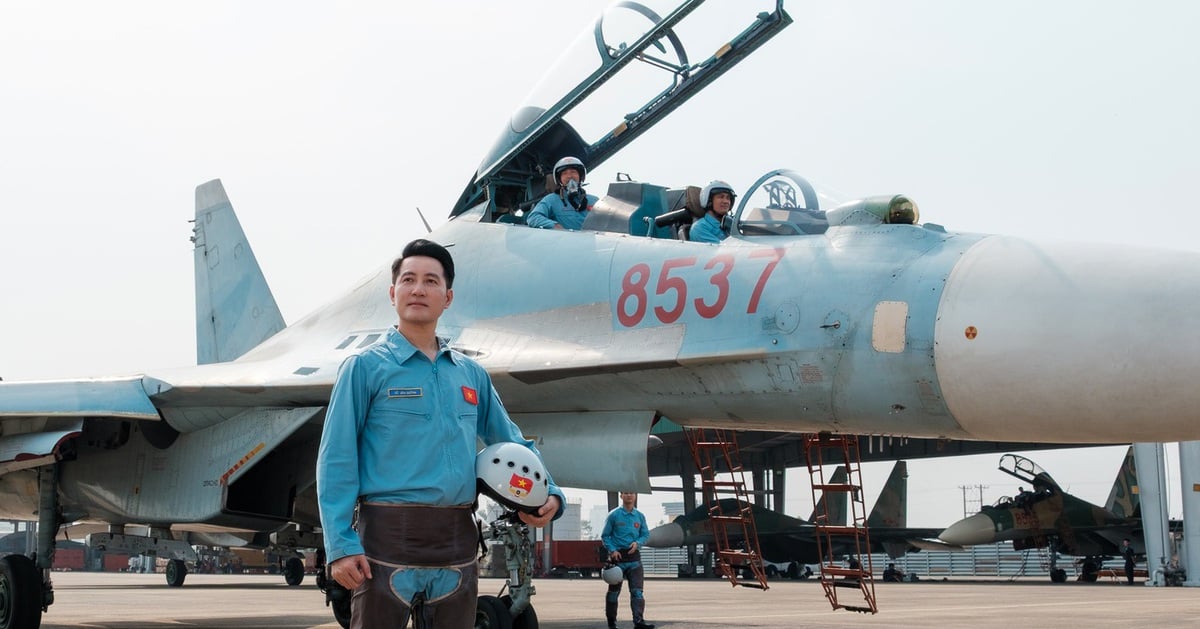












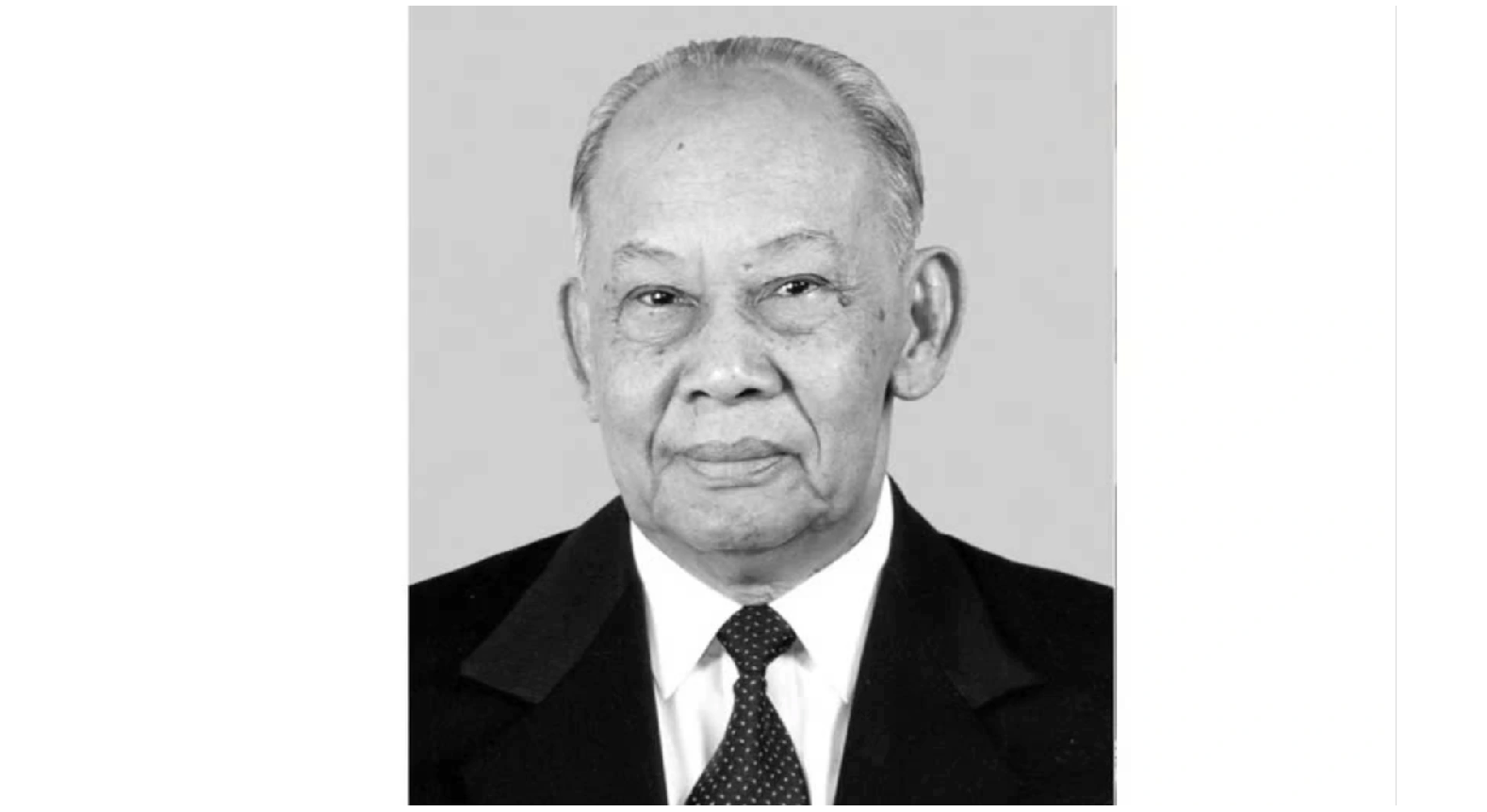
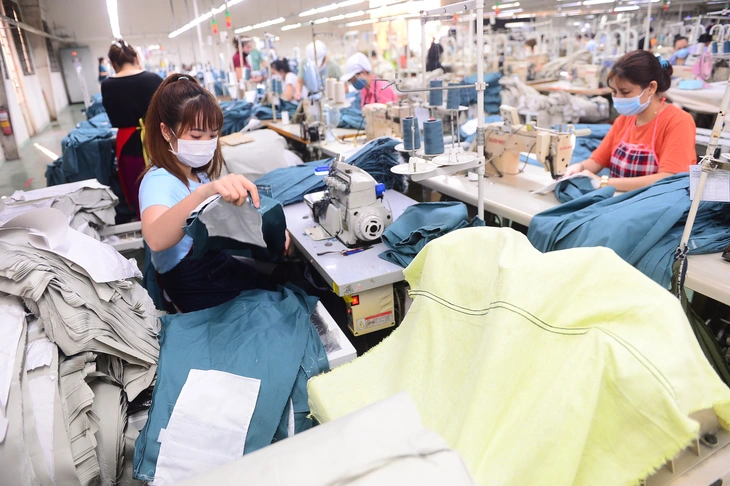
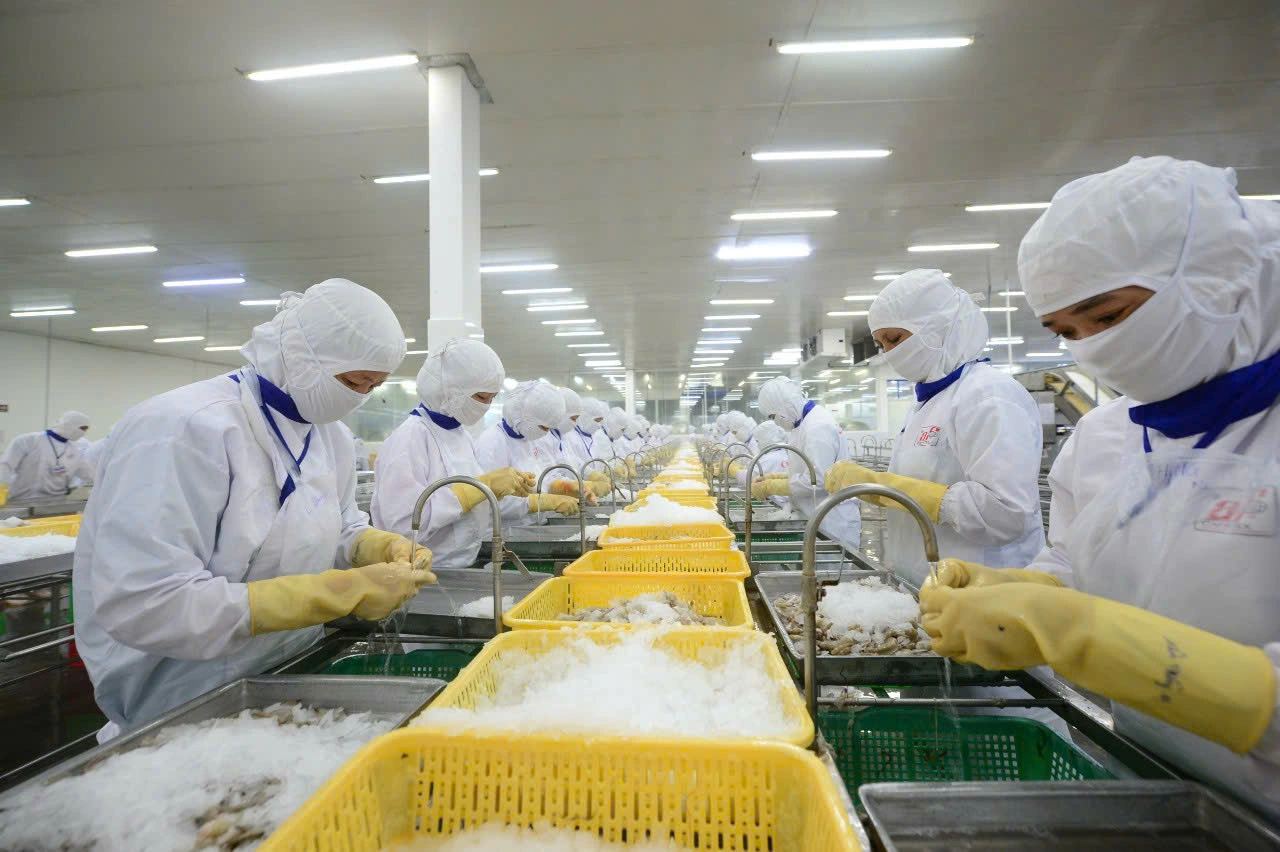


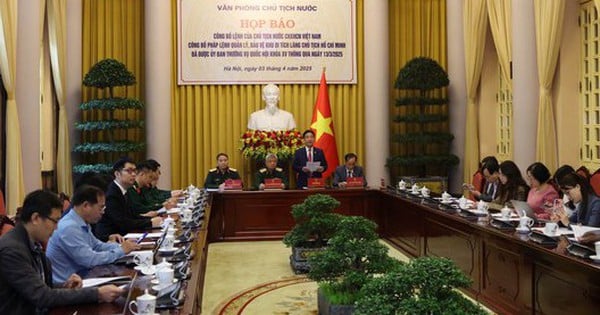



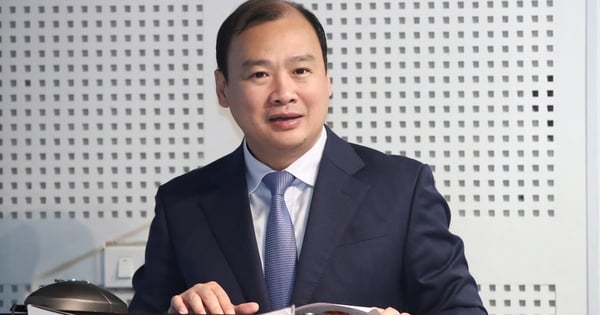
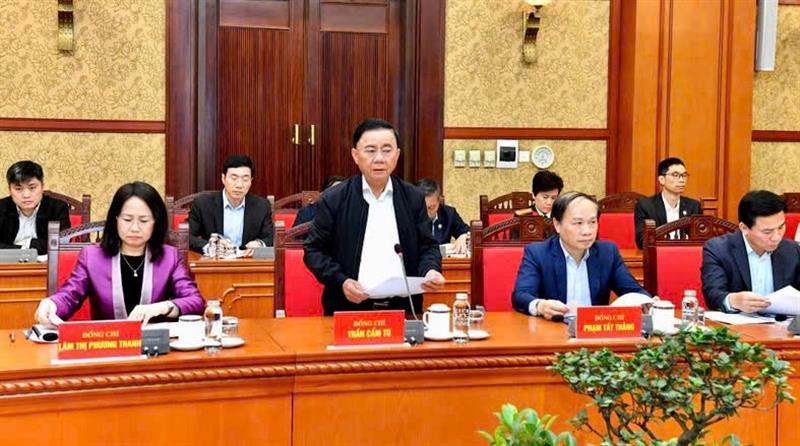

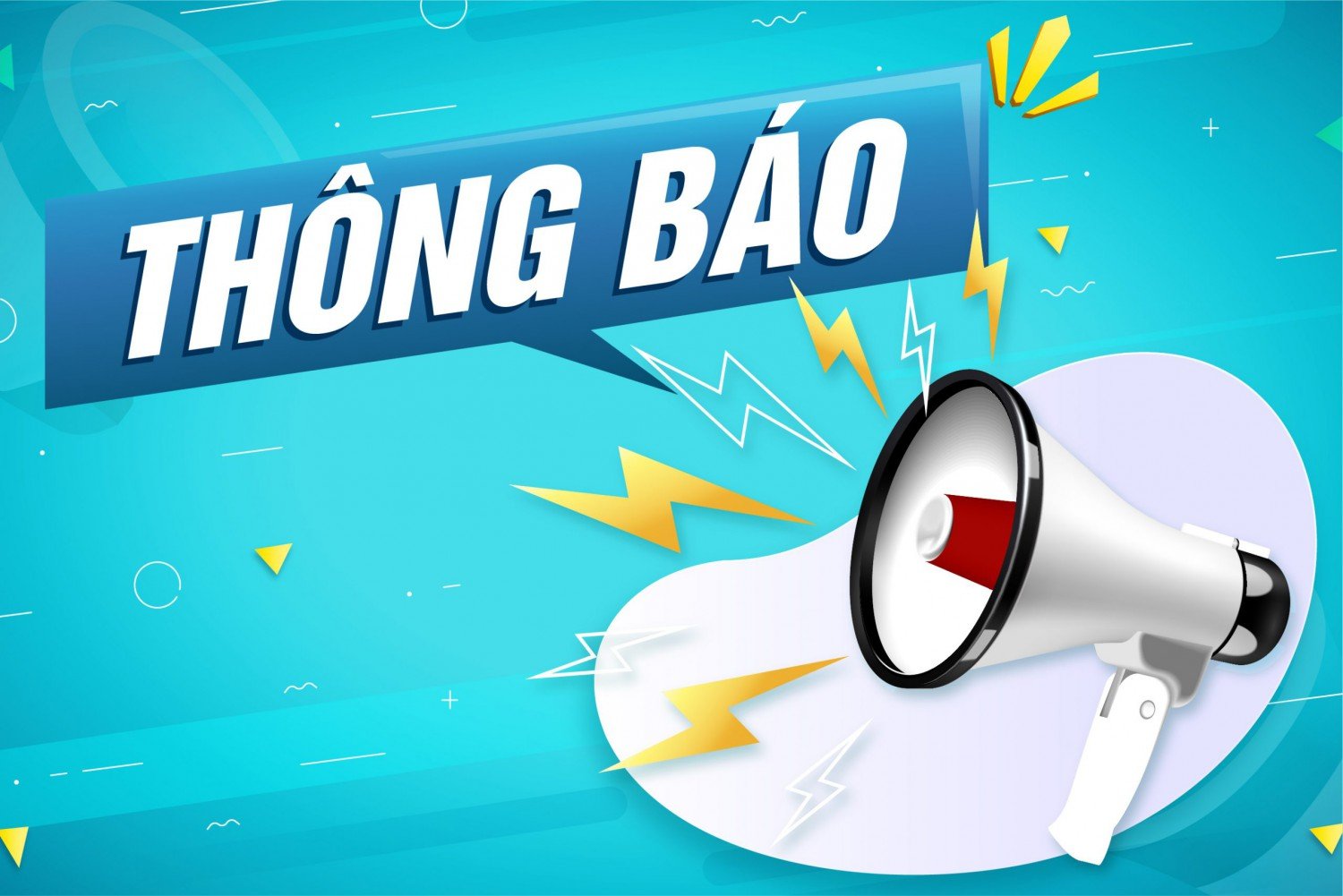
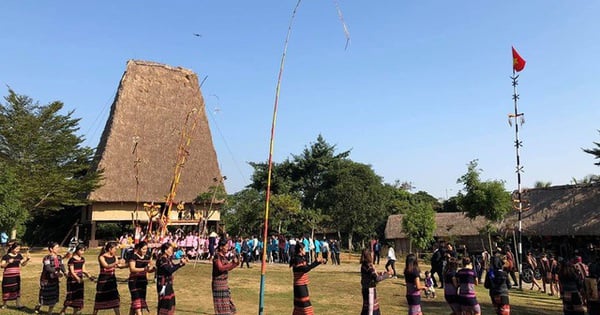
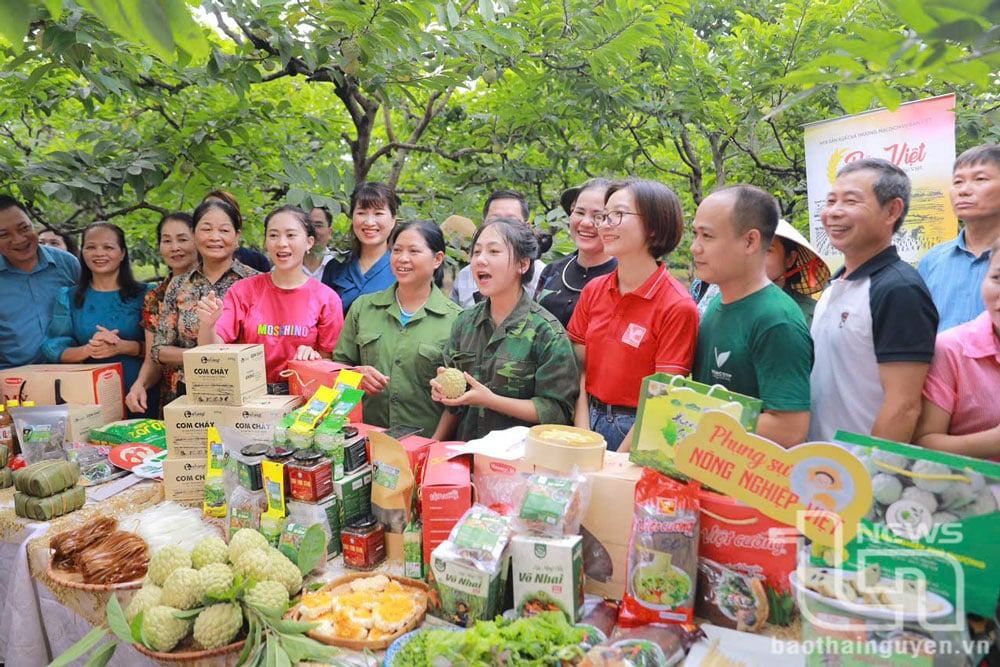
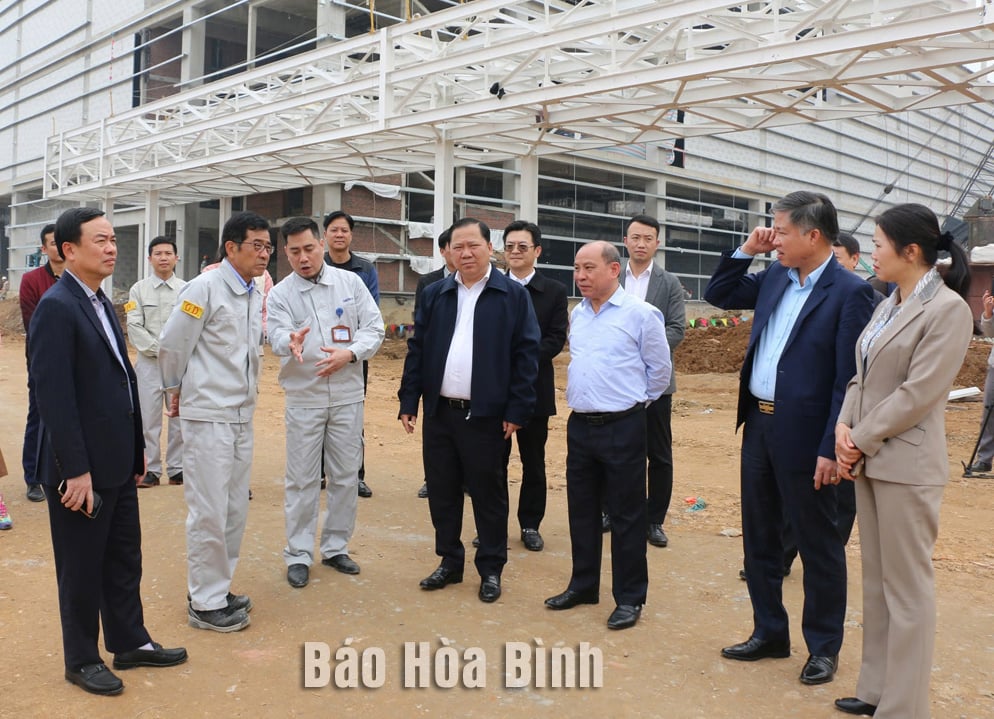
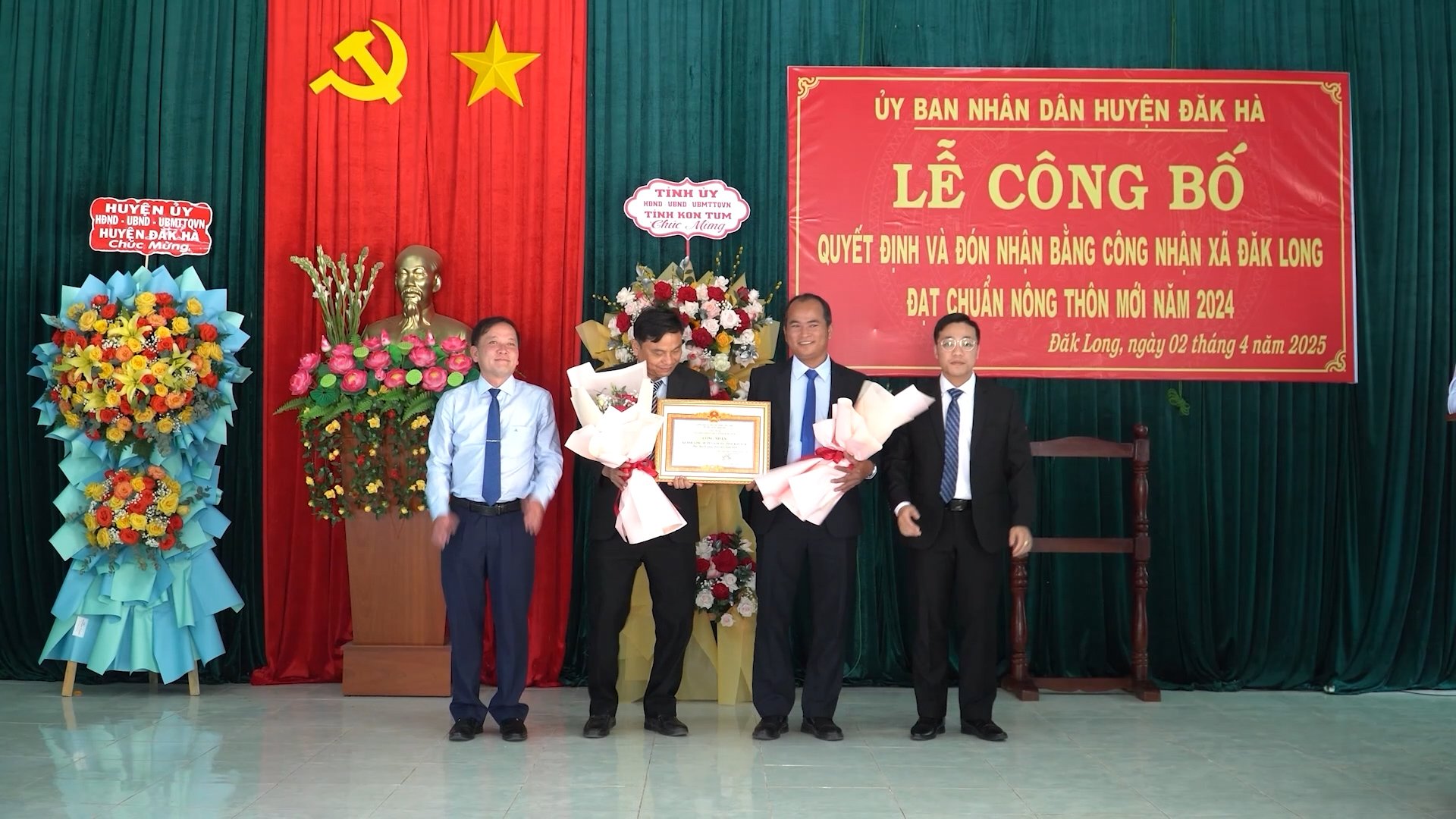
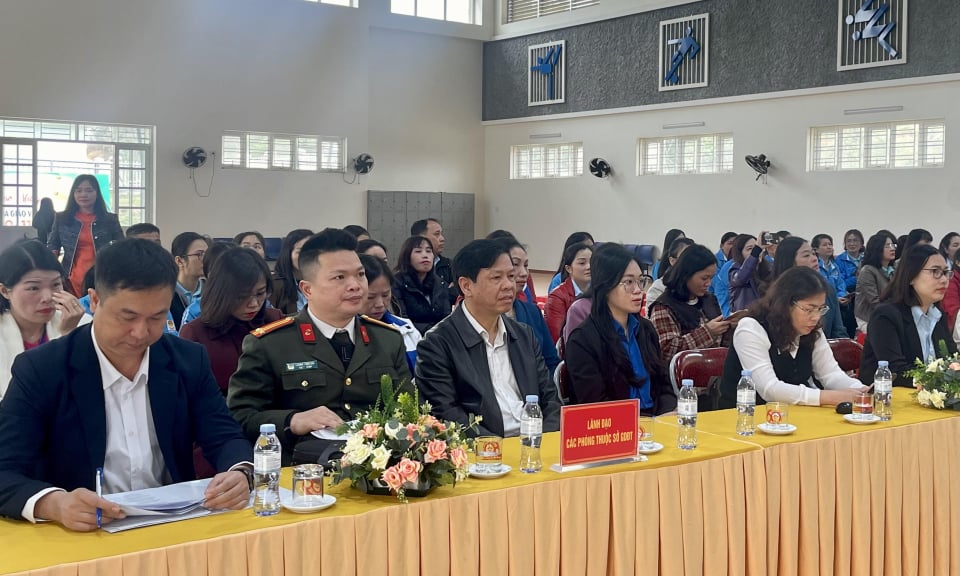

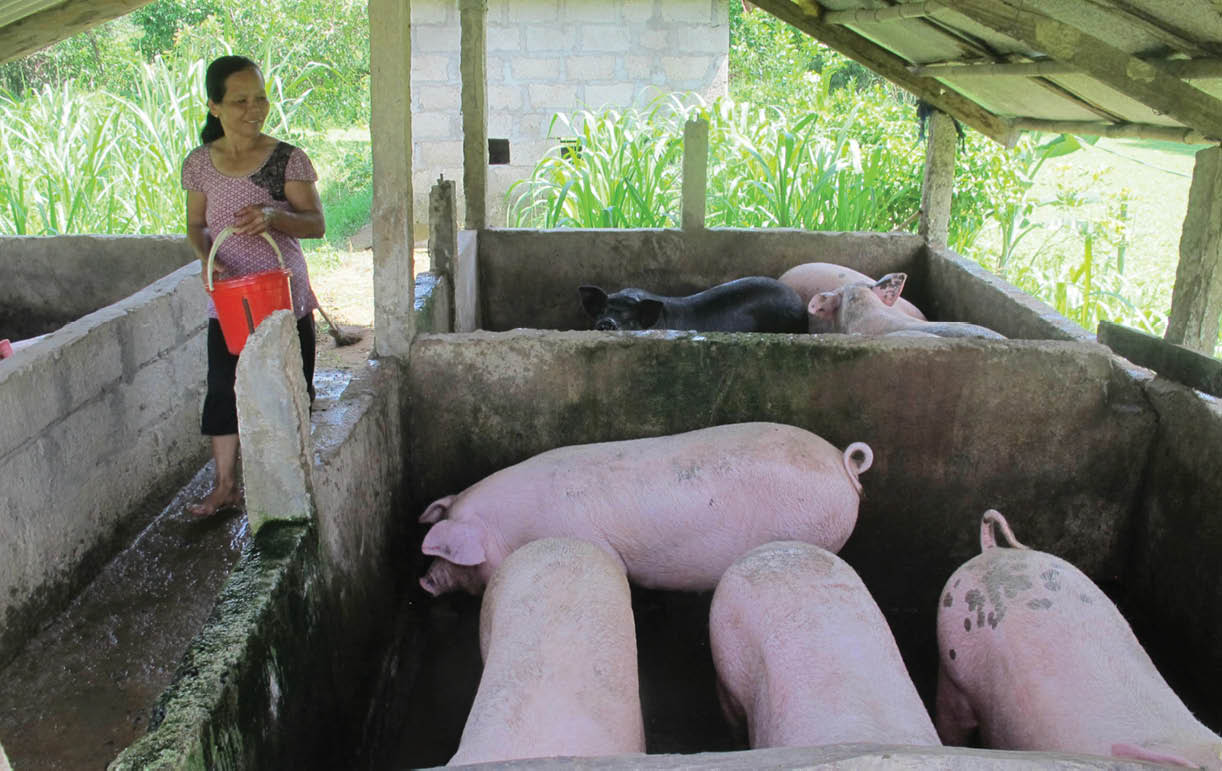

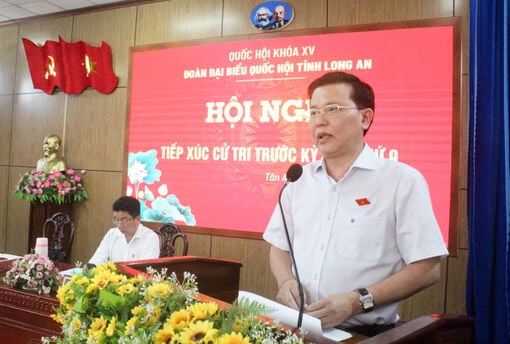












Comment (0)